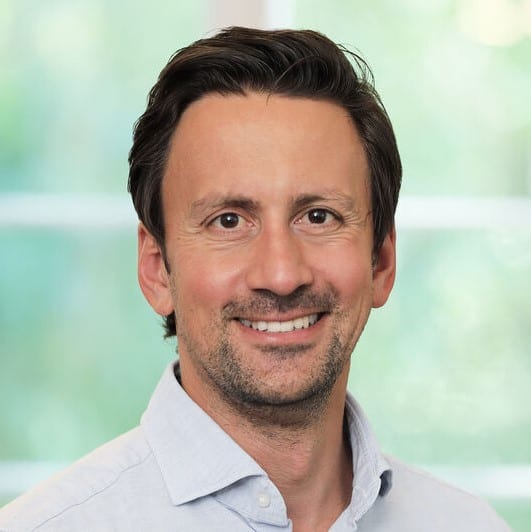
The German machine building industry is currently suffering from a unique series of negative factors: weak global investment demand, the war in Ukraine, geopolitical upheaval, after-effects of Corona, supply chain problems, inflation, and uncertain political situations. As a result, incoming orders have been declining for more than a year. The hoped-for recovery has yet to occur. In the months March to May 2023, the real number of incoming orders was once again 12% below the previous year’s level. Operations are still working through large order backlogs (11.6 months). However, these are increasingly melting away, so that in the second half of 2023, there will likely be a decline in production and sales.
The German machine building industry is used to cyclical declines and crises; its members do not stick their heads in the sand, but instead, they continue to drive innovation. According to a VDMA survey, 59% of machine building companies have invested more money in R&D in the past year. And 54% want to do this in 2023. The robotics and automation sectors will profit from this, as the Automatica robotics show in Munich recently demonstrated. The industry is booming and expects a 13% increase in sales this year, with future-oriented solutions that can be used to counteract the shortage of skilled labor. The Hannover Messe was also a victory for the machine builders. Exhibitors presented future-oriented technologies that can be used to combat climate change and advance intelligent production (Manufacturing-X). They have shown that machine builders have solutions for long-term climate protection. Unfortunately, many customers – due also to political upheaval – are still holding back on investments.
Shortages of skilled workers
On the positive side is that with decreasing economic activity, there are fewer problems in supply chains. Another big problem is the lack of skilled labor. 97% of machine building companies have experienced bottlenecks relating to skilled labor, which have gotten worse since 2022 and will continue. Efficient, digitalized processes and data-based value creation will therefore become even more important for German machine builders in order to remain at the global forefront of industrial production.
Digitization offers enormous potential
At other industry highlights such as the Aachener Werkzeugmaschinen Kolloquium (AWK) demonstrate the possibilities and benefits of digitalization, the recycling economy, and upcycling to a wide variety of industry representatives. The potential is enormous, and companies have only just begun to exploit it. “Industrial Metaverse” and “Net-zero” describe demanding and higher goals, but on the path to these, many companies in the industry must first confront much more immediate challenges. The concerns are to form a corporate strategy that provides orientation, and also to describe and implement the next operative steps. Here, companies must not neglect the challenges of day-to-day business.
The cross-industry study conducted by Staufen AG in spring 2023 of more than 400 companies in German-speaking Europe also confirms this. To become simultaneously digital, efficient, sustainable, and resilient, many companies are
facing big challenges today. The study demonstrates that the executive boards and managing directors in industry have clearly set their strategic compass. The basis for such sustainable and transformation-capable, resilient companies is and remains operative and digital excellence. Only with this can companies pursue new or cross-corporate activities to pursue sustainability and reworking of the supply chain.
However, the current situation is also a driver for activities, in particular toward efficiency. The potential of digitalization as well as sustainability and the supply chain are believed to be quite high. In addition, companies agree that they must approach these topics intensively.
These statements also reflect the necessity of an effective strategy and sustainable implementation in the operative areas. The capacities exist; they must just be steered and managed.
More about Mechanical and plant engineering

Study: Future Industry
How the industry is positioning itself for the future! Our new study on the topics of digitalization, efficiency, sustainability and resilience.
Read more


